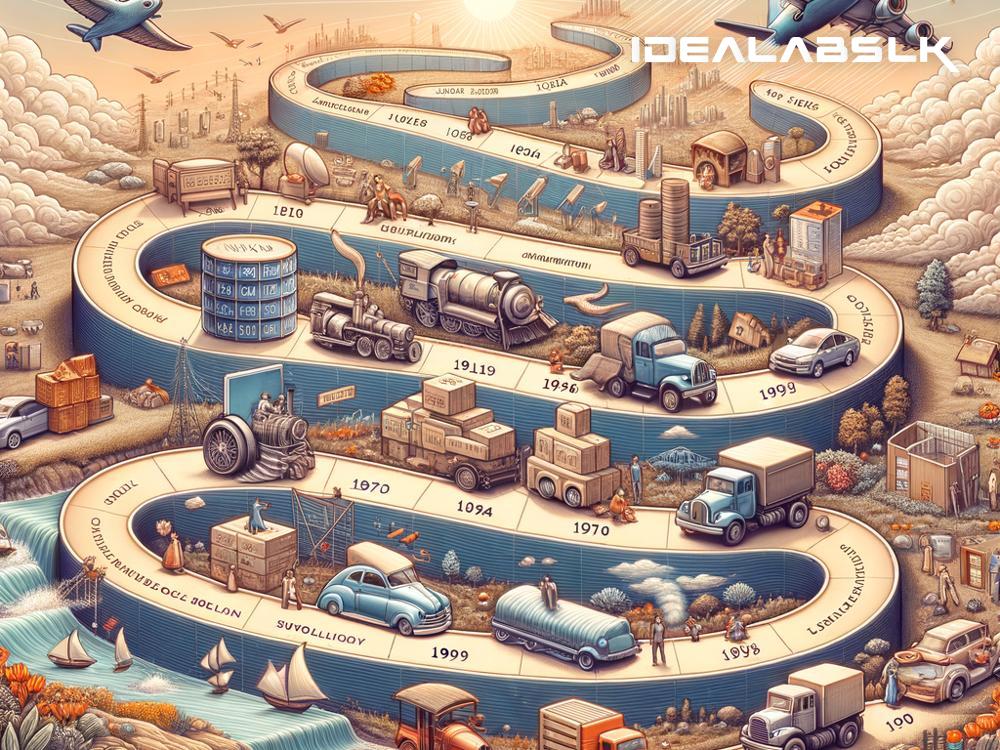SQL: The Language That Powers Our Data-Driven World
In the vast world of technology, few inventions have been as influential and enduring as Structured Query Language, or SQL. This special language is the cornerstone of how we interact with databases — essentially, how we store, retrieve, manage, and manipulate data. It's been around for decades, yet its significance only grows as our society becomes more data-centric. Let's dive into the fascinating history of SQL tech to understand its origins, evolution, and its indispensable role in today's digital landscape.
The Genesis of SQL
The story of SQL begins in the early 1970s at IBM, where a team led by computer scientists Donald D. Chamberlain and Raymond F. Boyce was working on a project known as System R. The goal was ambitious: to create a system that could store large amounts of data in a way that was both efficient and accessible. The linchpin for this system was a new, easy-to-understand language that would allow people to communicate with it, even without deep programming knowledge. This language, initially called SEQUEL (Structured English Query Language), was later shortened to SQL to avoid trademark issues.
SQL was revolutionary because it allowed users to describe the data they wanted to obtain without having to detail the steps to get there. This was a huge leap from the procedural languages of the time, which required explicit instructions for every operation.
The Rise of SQL
In 1979, a company named Oracle Corporation (then called Relational Software, Inc.) saw the potential of SQL and released the first commercial relational database to use it. This was a pivotal moment. It marked SQL's transition from an academic concept into a commercial success. IBM followed suit with its own database products, and by the mid-1980s, SQL had become the de facto standard for relational databases. Other companies like Microsoft and Sybase also jumped on the SQL bandwagon, integrating it into their own database solutions.
The widespread adoption of SQL was further solidified when the American National Standards Institute (ANSI) and the International Organization for Standardization (ISO) recognized it as a standard language for relational database management systems in 1986 and 1987, respectively. This standardization was crucial because it ensured that SQL would remain consistent and compatible across different systems, making it easier for data to be shared and for developers to work on various platforms.
SQL in the Modern Era
Fast forward to today, and SQL's relevance has not waned. In an age where data is often described as the new oil, being the backbone of everything from major enterprises to small startups and even personal projects, SQL is more essential than ever. The rise of the internet and the explosion of data generated by users, devices, and sensors have only increased the need for efficient database management, and SQL has evolved to meet these challenges.
Modern implementations have seen SQL integrated with various programming languages, and extensions to the standard have been made to tackle new problems such as data warehousing, analytics, and handling unstructured data. Newer database systems like NoSQL have also emerged, addressing use cases where traditional SQL databases may not be the best fit, such as handling large volumes of distributed data. However, even many of these systems offer SQL-like query languages to leverage the familiarity and power of SQL.
Moreover, SQL skills remain in high demand in the job market. Data analysis, data science, and database management are critical areas in technology and business sectors, and proficiency in SQL is often a key requirement.
Looking Ahead
The journey of SQL from its inception in the 1970s to the present day is a testament to its enduring value. What started as a project to make database management more accessible has grown into a foundational technology that underpins the digital world. The story of SQL is far from over, though. With advancements in artificial intelligence, machine learning, and big data analytics, SQL's role is evolving, and the language is adapting to meet future challenges.
As we look to the future, it's clear that SQL will continue to play a crucial role in shaping our digital landscape. Its history is a reminder of the impact that thoughtful, well-designed technology can have on the world. And for anyone looking to make their mark in the tech world, understanding SQL is a great place to start.
So, here's to SQL — a language that has not only stood the test of time but has become a linchpin of our digital society. The story of SQL is far from finished, and its next chapters are sure to be as exciting as its beginnings.

